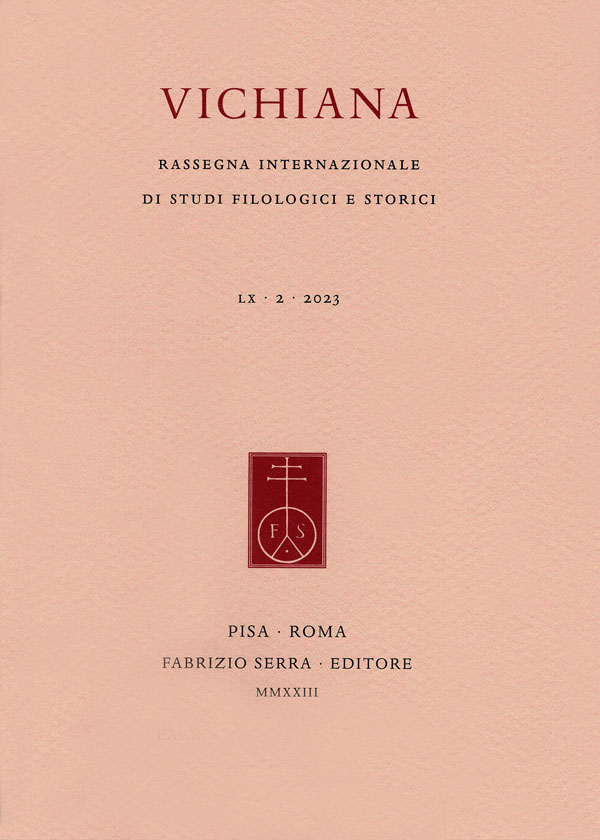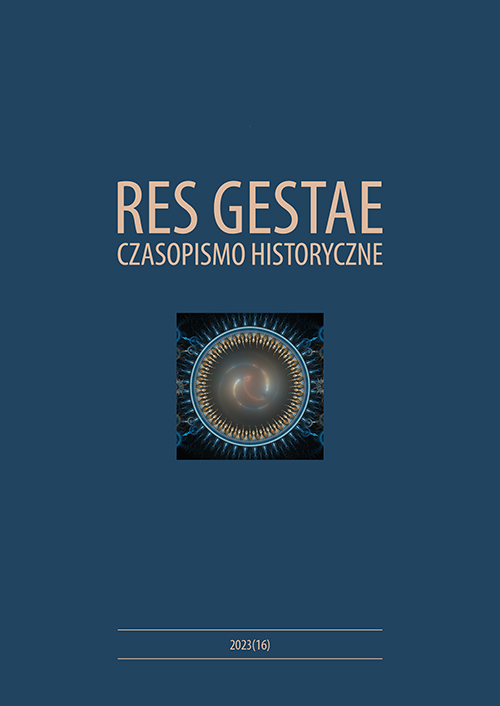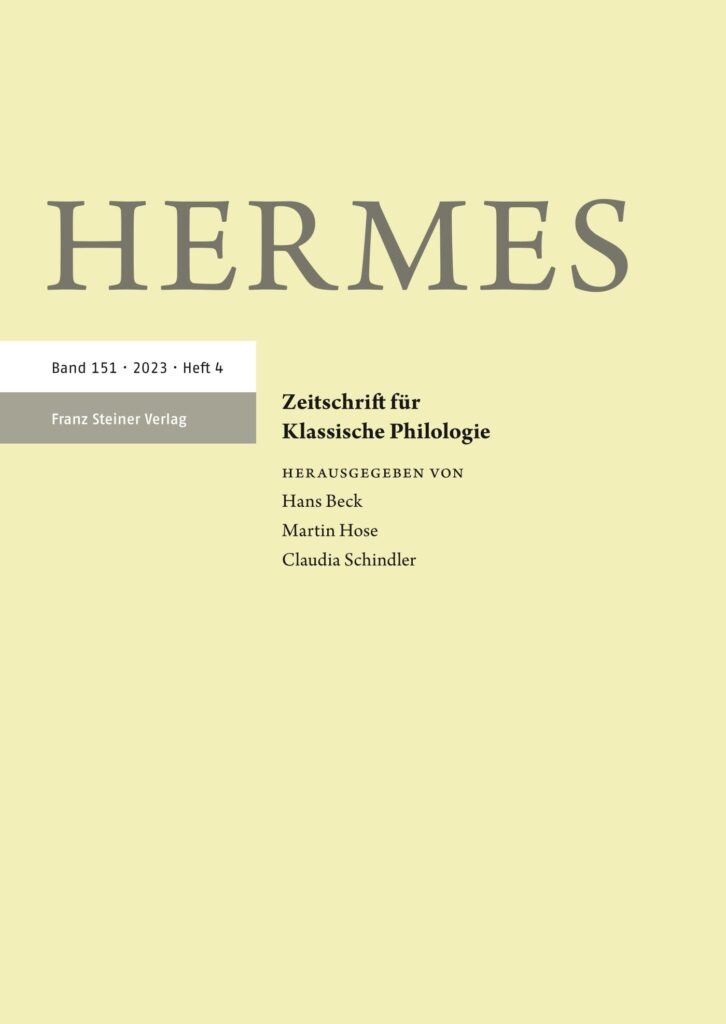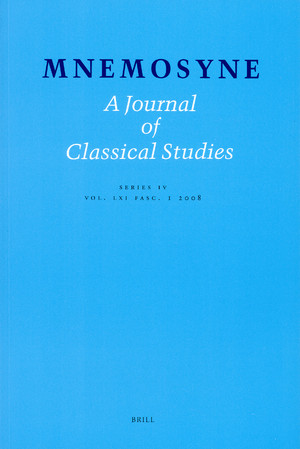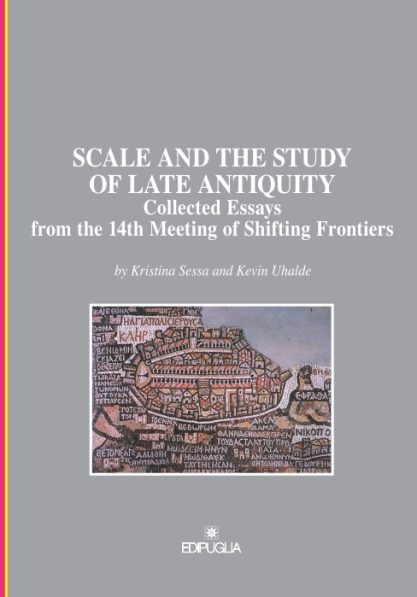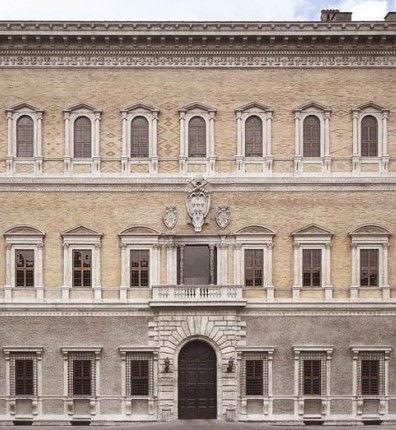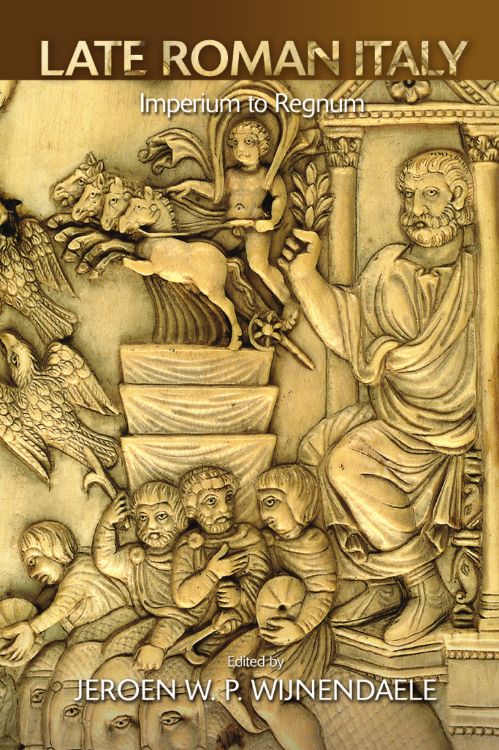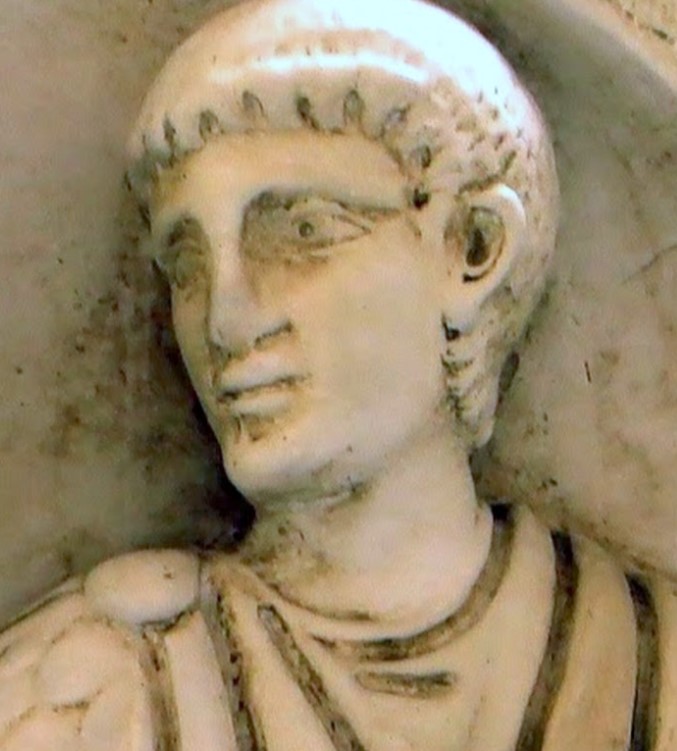Francesco Montone writes on Sidonius’ health lexicon in ‘Alcuni specimina del lessico della salute nell’epistolario sidoniano, e intratestualità’, Vichiana 60 (2023) 71-86.
Find a specimen in Academia.
Abstract: Some Specimina of the Health Lexicon in Sidonius’ Correspondence, and Intratextuality. The paper deals with the health lexicon in Sidonius Apollinaris’ Letters; Sidonius’ illnesses and those of his relatives and friends are analyzed in order to show possible hypotexts of the literary tradition; words such as morbus, medicus, medicina, medicor are present several times in the correspondence, sometimes in the proper sense, sometimes in a figurative sense; Sidonius creates interesting intratextual mechanisms, following a principle of stylistic uarietas. Finally, the two antithetical descriptions of the healthy body of the Visigothic king Theodoric and the sickly one of the parasite Gnathon are compared.

